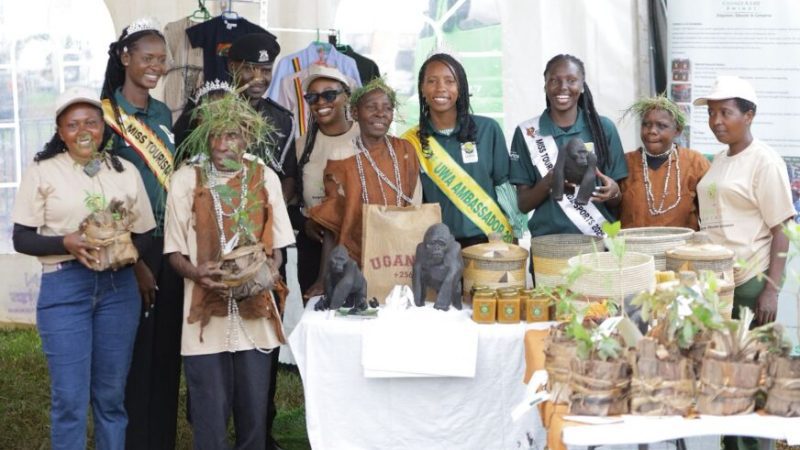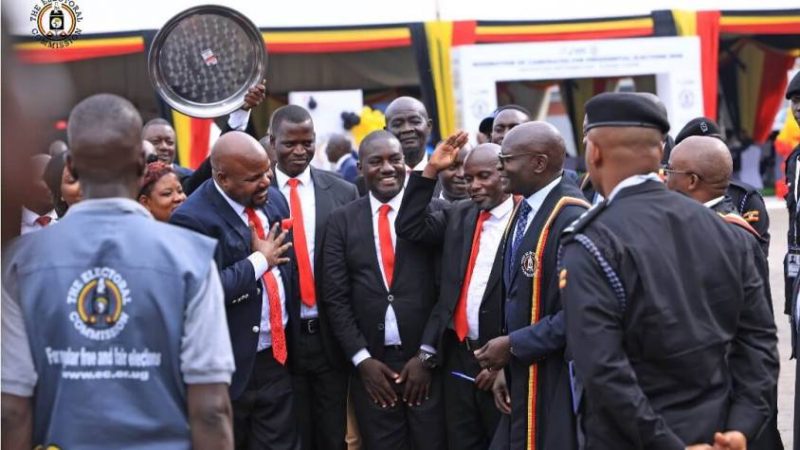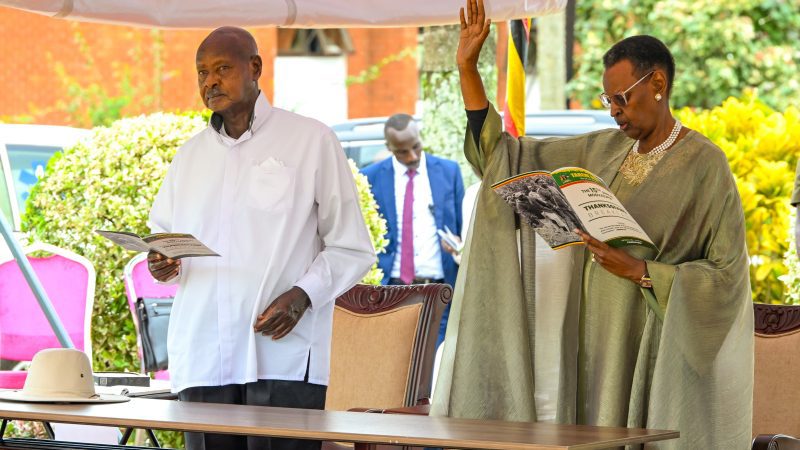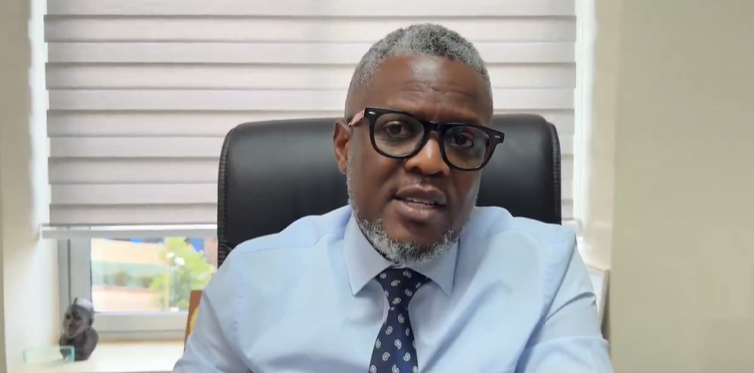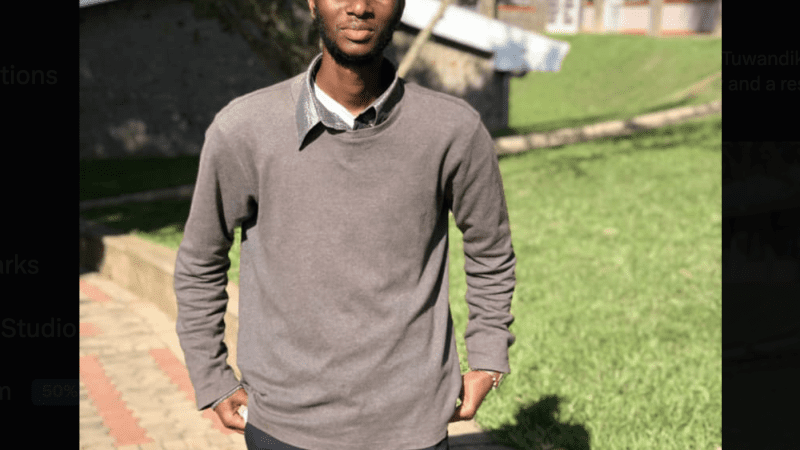The public at large, through the media and other avenues, is up in arms over media reports that the Parliamentary Commission was allocated Ushs 10 billion during the disbursement of supplementary funds intended to facilitate the fight against Covid-19 in Uganda.
The Supplementary budget, which was passed by Parliament last week, was intended to facilitate different organs of Government (publicly funded entities) to provide emergency response services to the pandemic.
Parliament, from the onset, came out strongly to participate in the fight against Covid-19, through first of all, taking precautionary measures as an institution; providing a fleet of official vehicles with drivers to the Ministry of Health to transport health workers all over the country; highlighting, debating and adopting a well prepared report on the impact of Covid-19 on the Economy; nominating Members of Parliament to serve on the National Task Force on Covid-19 and provision of private vehicles (ambulances) by some Members of Parliament to the Ministry of Health at their own cost.
Mid last month, after Government raised the red flag on the Covid-19 pandemic, the Speaker of Parliament, Rt. Hon. Rebecca Kadaga, named a Parliament Technical Taskforce on Covid-19, comprising of Members of Parliament to support the National taskforce, and provide oversight to the management of the pandemic countrywide. This is necessary, given the substantial amount of public funds allocated in the Supplementary.
It is important to note, at this point, that the Constitution of Uganda, under Article 164(3) gives Parliament the mandate to oversee/monitor expenditure of all public funds. As such after the approval of the Supplementary of Ushs 304 billion, it was only automatic that oversight is provided because the large amount of funds are to be expended in a short span of time.
It is a fallacy, therefore, to state that Parliament must wait until an exercise has been completed before they can conduct their oversight mandate. Otherwise, this would mean closing Parliament until July or some other time at the end of the financial year or even only after the Auditor General has done his work. Parliamentary oversight is continuous.
The Parliament Technical Task Force on Covid-19, has in the course of its work, visited and assessed the readiness of health facilities to manage Covid-19. Additionally, during the visits, it has assessed awareness levels of the district leadership and communities about Covid-19; interacted with different teams in the areas they have visited to sort out underlying issues which may affect managing health crises; assessed the impact of funds allocated to different districts to the needs on the ground, and assessed the readiness of health facilities to ably handle cases of other long standing and pre-existing health conditions which are not necessarily Covid-19.
The Parliament Covid-19 Technical Taskforce will also assess the state and welfare of the medical workers as they deliver the essential services and ensure that all medical workers across the country are catered for in as far as Personal Protective Equipment goes.
To date, the Committee has already been to Busia, Malaba, Kabale, Ntungamo, Mbarara, Jinja and Tororo. The Committee is expected to give regular reports to Parliament about the assessment visits. The Parliament Technical Taskforce will obviously not be able to visit all areas, but will rely on their colleagues to gather information on what is happening on the ground.
Lastly, about 200 Members of Parliament voluntarily offered their private ambulances, to be used by the Ministry of Health to transport patients and health workers to different health facilities around the country during the Covid-19 crisis. The Speaker of Parliament has widely spoken about this matter.
It should be noted that this is not the first time in which special circumstances dictate that MPs are facilitated to intervene in circumstances, given their mandate. In the past such facilitation has been given. This is not new, and should not be politicised.
It is no open secret that MPs are the first point of call before any government interventions are implemented in constituencies. Members of Parliament are under so much pressure to deliver and need to respond to issues raised in their constituencies before government reaches them, and is exactly what is happening with the Covid-19 pandemic. The interventions being handled by Members of Parliament go way beyond the Ushs 20 million that has been deliberately misunderstood.
Lastly, for Parliament to sit and conduct business under the current circumstances is a service to ensure that the country functions. Demonising Parliament and its Members of Parliament will not solve the issues at hand now. However, standing together as a country to fight Covid-19 will.




